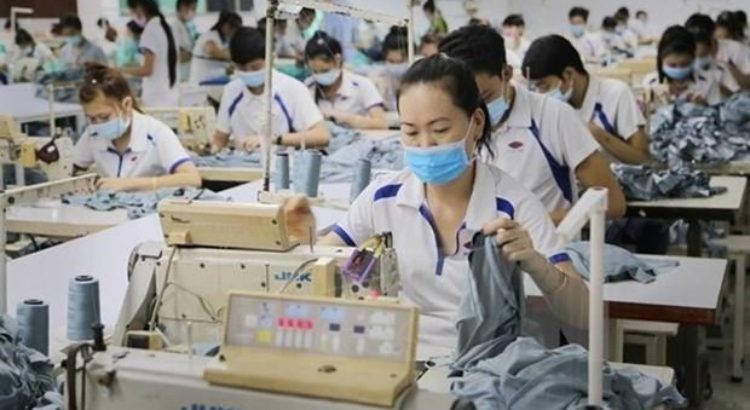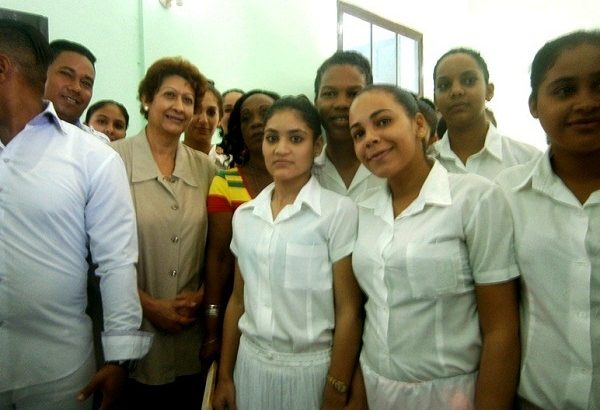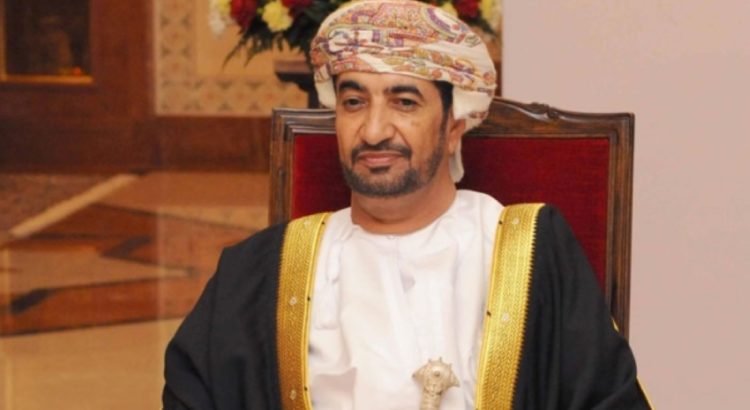Warri — In light of the increasingly complex challenges in today’s world, including employment challenges, the role of well-groomed human capital has consistently been stressed globally.
One Nigerian leader who has not minced words on the need to review the curricula to make them more functional towards sustainable development in the country is the Governor of Delta State, Dr. Ifeanyi Okowa.
He has maintained the desire to build a functional, result-oriented technical education system as a dependable human capital base for middle level manpower needs of the state. The recent inauguration of upgraded facilities at the Ofagbe Technical College, Isoko North Local Government Area of the state has further given credence to the commitment of the administration to restore not only the glorious days of technical education in the state, but to raise the standards to compete globally.
The governor had, shortly after his inauguration last year, identified six state-owned technical colleges for infrastructural and academic upgrading. He immediately awarded the contract for the reconstruction of three of the schools, Ofagbe Technical College, Sapele Technical College and Agbor Technical College. The other colleges are Uta-Gbogbe Technical College, Ogor Technical College and Issele-Uku Technical College.
Speaking at the ceremony, the Commissioner for Basic and Secondary Education, Mr. Chiedu Ebie, said the completion of the first and second phases of the infrastructure and other resource bases of the college was a promise religiously kept by the governor.
According to him, Ofagbe Technical College had been practically abandoned for over 20 years before the inception of the Okowa administration; he recalled what the governor said while inspecting renovation work at the school late last year, saying, «we will take technical schools in the state to greater heights and it will impact positively, not only on the lives of the students, but also on their host communities. I am satisfied with the progress of work and I assure the people that the project will not be abandoned as we will manage the resources and funds we have to complete the work.»
While highlighting developments in the chequered history of the school since its establishment by Pilgrim Baptist Mission- Pilgrim Baptist Trades School on February 15, 1966, exactly one month after the first military coup in Nigeria, Ebie said it was heartwarming that the governor ensured that the first and second sets of projects were duly completed within 10 months «despite the economic downturn in the country.»
He said the gesture was a testimony to Okowa’s commitment to technical and vocational education, «which is timely, visionary, legendary, second-to-none and worthy of commendation.»
The school, which took off with just 47 students at its inception, currently has an enrollment figure of 188, made up of 137 male and 51 female students.
While providing details of the turn-around work done so far at the college, Ebie announced the state’s plans to do more. The projects include the construction of the internal roads by the state’s Direct Labour Agency (DLA), the contracts awarded in two phases for the construction of staff quarters, male.
The completed aspects include the reconstruction and upgrading of the staff quarters, male hostel block, library, examination hall, administrative and science blocks, mechanical, auto mechanical and electrical workshops.
«This phase also included the procurement contract for the supply of various machines and equipment required for the workshops to enhance teaching and learning as well as the supply of computers and students’ furniture.»
After the governor’s visit to Ofagbe last year, additional contracts under the second phase were awarded, including the construction of a perimeter fence, a gatehouse and an electrical block of four classrooms with an office, all of which have been completed.
Ebie urged the students and members of the community to justify the huge investment of the government by ensuring that the infrastructure and amenities are maintained and not vandalised. «Now that Ofagbe Technical College has been repositioned as a world-class institution, there comes the need for the entire Ofagbe community to reciprocate this kind gesture through community participation to secure and protect the school from vandalism and theft.»
Indications that the revamping of technical education in the state will be prioritised by the government came to the fore during the maiden Delta State Education Summit in January. It is noteworthy that the government is looking beyond the construction of beautiful buildings without the provision of the basic tools and distinct policy framework for serious technical training.
According to the commissioner, restructuring of the colleges involves not just a programme for training and retraining of teachers but also partnership with competent organisations for necessary in-depth technical assistance. He disclosed that schools’ curricula are being reviewed to sharpen the functionality and contemporary market relevance.
«With the refocusing of technical and vocational education in the state, the upgrade and equipping of this institution, enrollment is expected to significantly increase in the near future. To guarantee focused attention in this sub-sector of education, the Technical and Vocational Education Board (TVEB) has been established with a full complement of institutional framework, funding and personnel. Effort is currently being made to review and enrich the technical education curricula to make it responsive to extant challenges.»
Aside the traditional cutting of the tape to formally open the school, the highpoint of the event was perhaps the hint by Okowa that his administration is favorably disposed towards the reintroduction of boarding schools at the secondary level. He said the desired quality of technical education in the state would be enhanced by the move, stressing that there would be no compromising his government’s firm policy on technical education.
The excitement of the people of not just Ofagbe town but the entire Isoko ethnic nation was palpable as traditional rulers, local, state and national political representatives of the people, cultural associations, women and youth groups expressed their joy at what they termed the governor’s rescue mission at Ofagbe College.
The President-General of Isoko Development Union (IDU), Chief Iduh Amadhe, aptly captured the people’s sense of appreciation at the occasion thus: «Your excellency, we express our appreciation for your magnanimity towards the Isoko nation.
«We will remember you for making the best out of a difficult situation by completing the DELSU, Oleh Campus access road, completion and commissioning of the DELSU, Oleh Campus Law Faculty Complex and on-going efforts by your administration at ensuring the accreditation of courses for Law and Engineering Faculties at the campus; upgrading and improvement of physical structures of the Ofagbe Technical College.»










 Users Today : 40
Users Today : 40 Total Users : 35460303
Total Users : 35460303 Views Today : 60
Views Today : 60 Total views : 3419028
Total views : 3419028